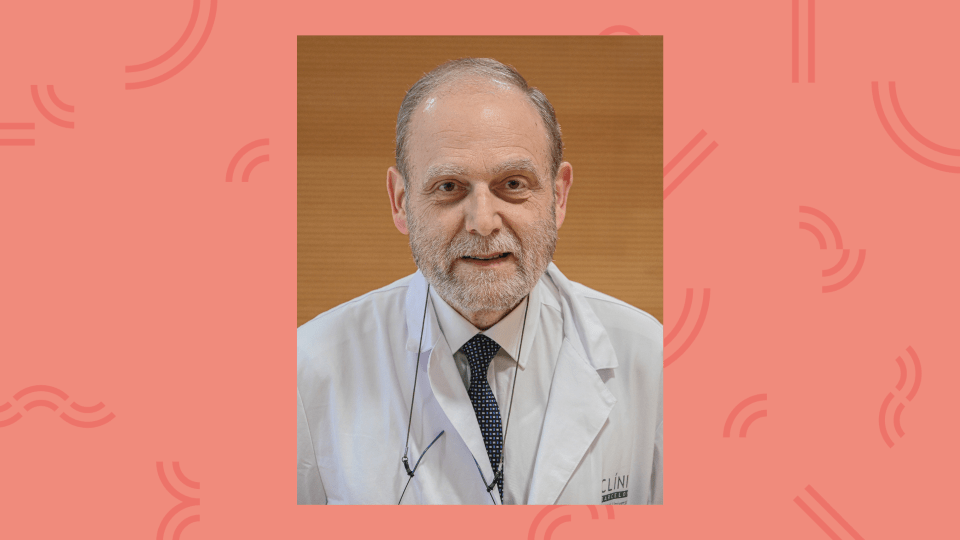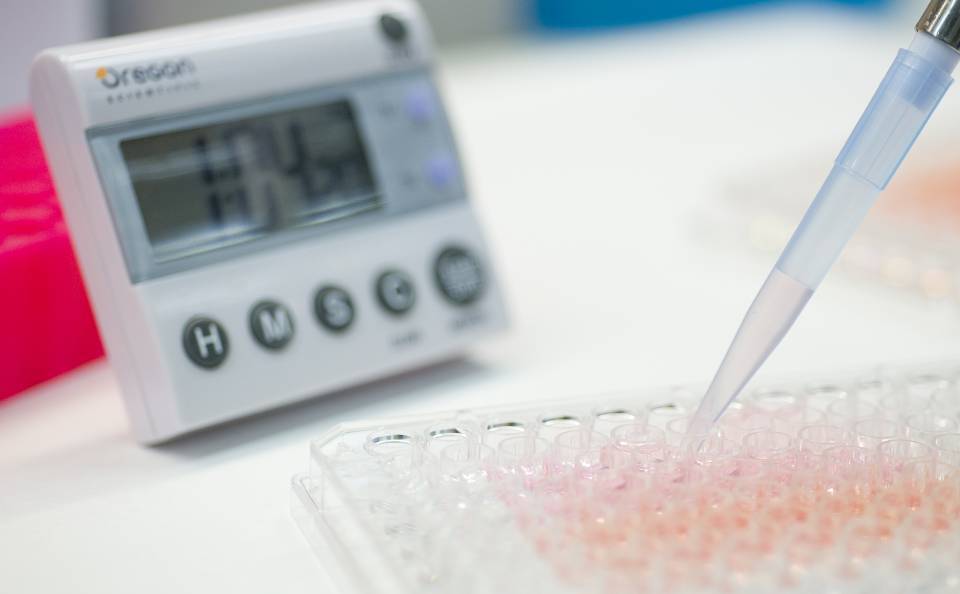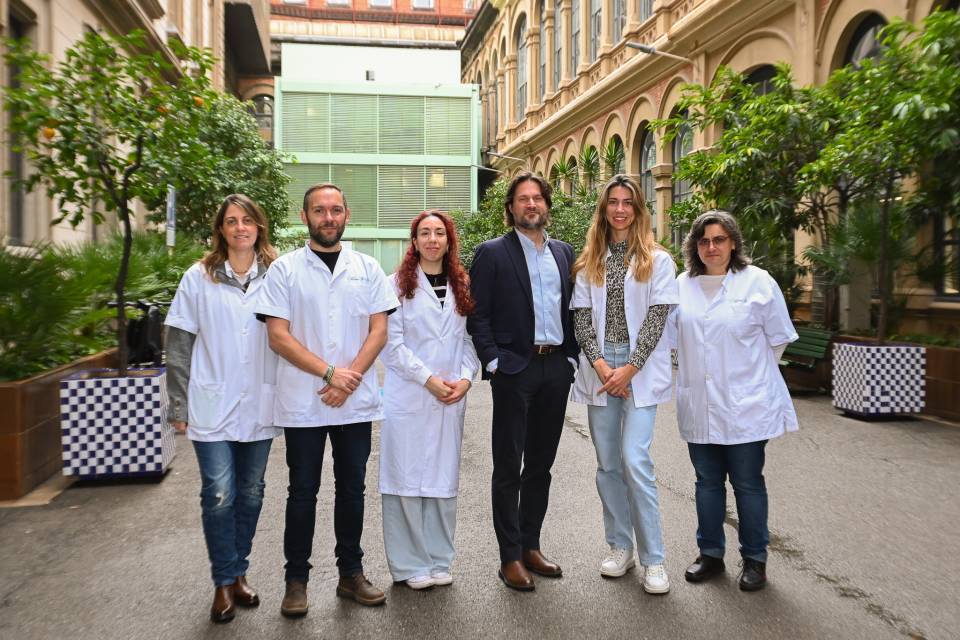A study coordinated by the Clínic-IDIBAPS demonstrates the effectiveness of machine learning algorithms in the early diagnosis of foetal alcohol spectrum disorders (FASDs). This is a study published in the journal Frontiers in Neuroscience, prepared jointly by researchers from the Hospital Clínic Barcelona, IDIBAPS, the La Paz University Hospital, the University of Barcelona and the International University of Valencia.
The algorithm used was trained using socio-demographic, clinical and psychological variables, from a database made up entirely of boys and girls diagnosed at the Hospital Clínic Barcelona. The researchers analysed clinical and imaging data to develop models that could identify early signs of FASD in infants. Sometimes, the diagnosis of FASD can be a challenge, due to its similarity to other disorders, such as autism or hyperactivity. This is why this tool could help to make quicker and more accurate diagnoses, which would allow for timely interventions to improve the quality of life of those affected, avoiding misdiagnoses.
The results show that patients with FASD have specific physical and psychological impairments, and the algorithms allow for the identification of patterns by subtypes of FASD, such as Foetal Alcohol Syndrome (FAS), Partial Foetal Alcohol Syndrome (pFAS) and Alcohol-Related Neurodevelopmental Disorder (ARND).

Today, 9 September, is International Foetal Alcohol Spectrum Disorder (FASD) Awareness Day. To talk about this disorder, a European conference will be held in Madrid from 22-25 September, organized by the EUFASD Alliance. This is the 7th edition of this biannual meeting between professionals and families, where researchers from the Clínic also collaborate in the organization, together with the Visual TEAF Foundation.
FASD is a disease caused by exposure to alcohol during pregnancy. It encompasses a large number of physical, mental, behavioural and cognitive abnormalities. The most serious form within this spectrum is Foetal Alcohol Syndrome (FAS). It is characterized by morphological malformations (especially craniofacial defects), growth retardation and cognitive, behavioural, social and learning disorders (due to problems in the development of the central nervous system). “The prevention of FASD is everyone’s responsibility and is exclusively about avoiding alcohol consumption during pregnancy, and from the moment a woman decides to become pregnant. No amount of alcohol can be safely drunk during pregnancy”, assures Dr. Oscar García-Algar, coordinator of Research and Innovation in the Hospital Clínic Neonatology Service.




